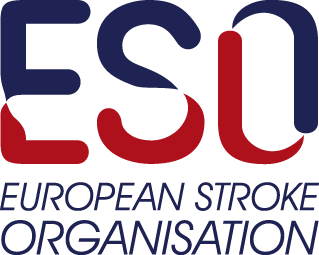Home » GLOBAL COOPERATION

The World Health Organization’s goal is to build a better, healthier future for people all over the world. Working through offices in more than 150 countries, WHO staff work side by side with governments and other partners to ensure the highest attainable level of health for all people.
Together they strive to combat diseases – infectious diseases like influenza and HIV and noncommunicable ones like cancer and heart disease. They help mothers and children survive and thrive so they can look forward to a healthy old age. They ensure the safety of the air people breathe, the food they eat, the water they drink – and the medicines and vaccines they need.e

The World Stroke Organization (WSO) is the world’s leading organization in the fight against stroke. It was established in October 2006 through the merger of the International Stroke Society and the World Stroke Federation with the purpose of creating one world voice for stroke. Today, WSO has more than 4000 individual members and over 60 society members from 85 different countries.
The American Heart Association (the Association) is dedicated to ensuring high-quality patient care worldwide, recognizing the challenges in delivering consistent care at this level. To address this, we have expanded our cardiovascular and stroke quality improvement programs globally. Since 2015, the Association has collaborated with local organizations, like MENASO, for more patients to benefit from the latest guidelines-based quality care. Together, we continue to work towards positive patient outcomes as we further our international reach. Join us in our vision of bringing health and hope to everyone, everywhere.

The European Stroke Organisation (ESO) is a pan-European society of stroke researchers and physicians, national and regional stroke societies and lay organisations that was founded in December 2007. The ESO is an NGO comprised of individual and organisational members.
The aim of the ESO is to reduce burden of stroke by changing the way that stroke is viewed and treated. This can only be achieved by professional and public education, and by making institutional changes.
ESO serves as the voice of stroke in Europe, harmonising stroke management across the whole of Europe and taking action to reduce the burden of stroke regionally and globally.

A SITS MENA registry protocol was established by the SITS International in March 2014 with the aim of encouraging stroke centres from the region to actively start enrolling stroke related clinical data from their centres. Stroke centres from GCC, Egypt Lebanon and North Africa have so far contributed successfully to the SITS MENA protocol. The growing success of SITS initiatives in the region should help build stroke research from the region and help understand the nuances of regional stroke data.
